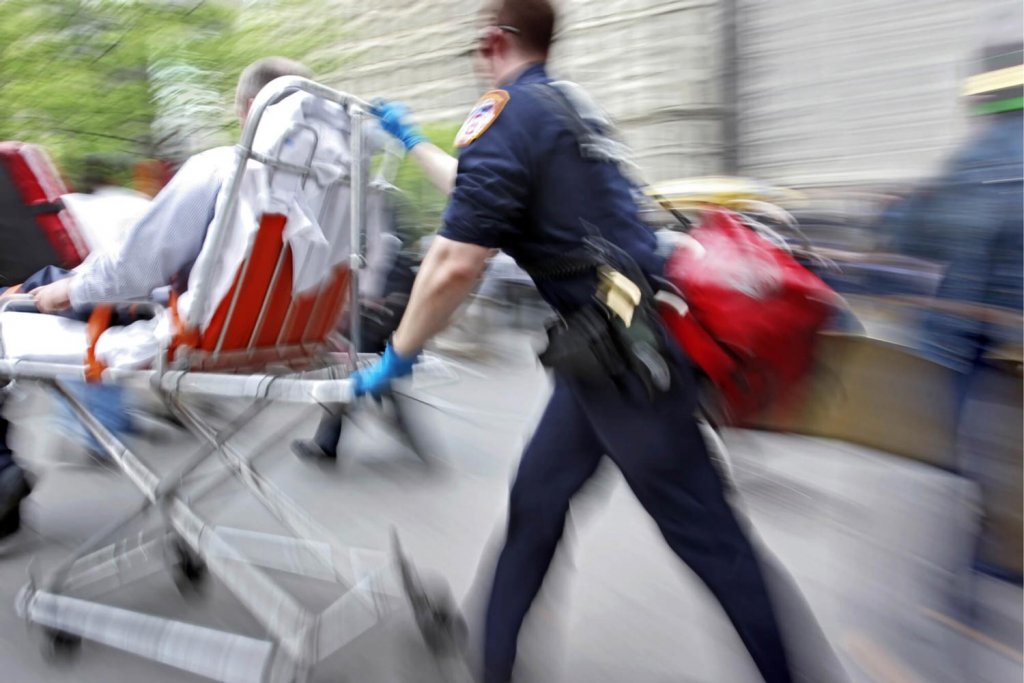The latest data from the Florida Department of Motor Vehicles shows that there are between 600 and 700 auto accidents per day in the Sunshine State. Although Florida requires all drivers to carry $10,000 in no-fault insurance to cover medical expenses, it does not always pay all expenses related to injuries. Read on for an overview of the shortcomings of so-called Personal Injury Protection insurance, commonly referred to as PIP, and what legal options you have after a serious car accident.
Florida is a No-Fault Insurance State
Massachusetts became the first state to implement no-fault insurance, or PIP, in 1971. “No-fault” coverage pays out claims to injured drivers, no matter who is found at fault or liable for the accident. Typically, the coverage includes $10,000 for medical expenses, lost wages or death benefits.
State officials in Florida began requiring PIP for all drivers in 1979, believing it would free up courts from frivolous lawsuits related to car accidents. Many policy makers also thought the new law would lower automobile insurance premiums while also allowing drivers injured in an accident to receive medical care quicker.
Florida, the District of Columbia and a dozen other states currently have mandatory PIP laws. Florida’s requirements were updated in 2012 with two drastic reforms. Previously, drivers in an accident automatically qualified for the full PIP amount. The 2012 change requires injured drivers to provide official documentation from a licensed physician of an “Emergency Medical Condition” to receive the full $10,000. Without this proof, PIP coverage only provides up to $2,500 in policy benefits.
Secondly, the reforms mandated that injured drivers receive medical treatment from a doctor or medical professional within 14 days of the collision. This means that drivers should always seek treatment immediately, even if they feel uninjured.
No-Fault Insurance Limitations
Florida’s mandatory no-fault insurance rules allow injured drivers to seek immediate treatment and avoid hassles with insurance companies over who caused the collision. However, PIP has several limits.
Medical costs are typically the largest expense in automobile accidents and can quickly exceed the maximum PIP coverage of $10,000. Medical bills can be especially large when victims suffer permanent injuries, are in constant pain or require long-term medical care and rehabilitation services. Additionally, PIP only pays health expenses at a rate of 80 percent and lost wages at 60 percent, requiring injured drivers to find other ways to cover their costs.
Personal Injury Claims
One of the biggest misunderstandings surrounding PIP, or no-fault insurance, is that it covers all costs related to a car accident. The truth is PIP only covers personal injury claims up to $10,000, and does not pay anything for property or other damages resulting from the crash.
Once PIP benefits are exhausted, however, Florida allows drivers hurt in a serious accident to file a personal injury claim against the “at-fault” driver. Under state law, injury or property damage lawsuits must be filed with four years of the accident.
Personal injury claims give injured drivers the opportunity to recover the costs of their current and future medical bills and lost earnings caused by the accident.
Several factors may be considered in your lawsuit, including:
- The severity of your injuries
- Cost of medical expenses
- Loss of past and future wages
- Types of automobile insurance carried by each party
- Evidence and documentation of your case
Ward & Barnes’ Skilled Attorneys Will Advocate for You!
Our skilled personal injury attorneys at Ward & Barnes, P.A., have helped countless accident victims in Pensacola and Northwest Florida. Call us today and we will clearly explain your rights, determine the best course of action and diligently work for you. Remember, you owe us no fees unless we make a recovery.

